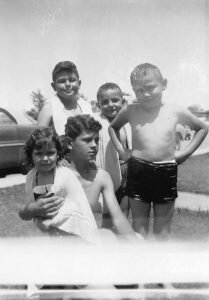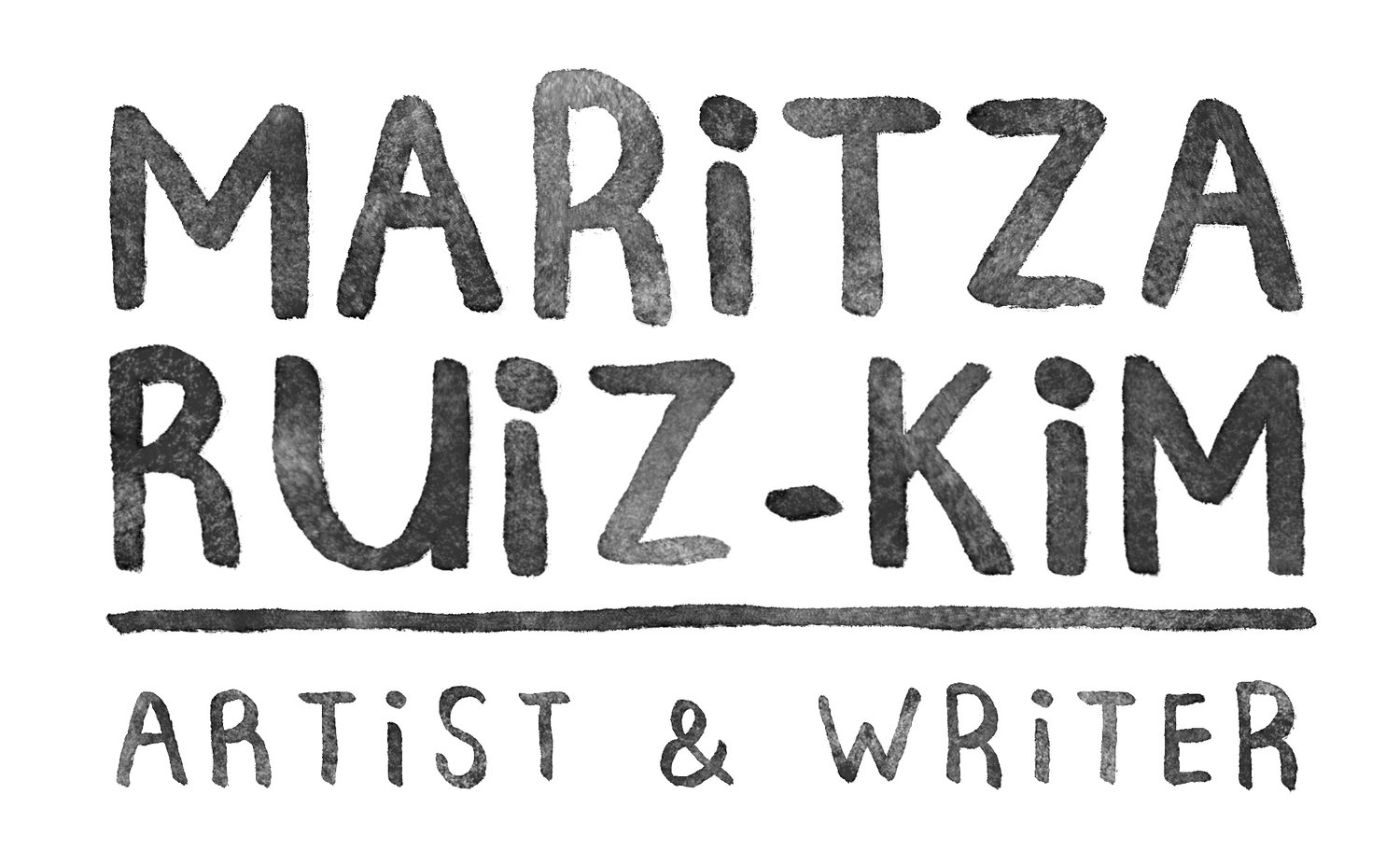Telling It Like It Is: Storytelling
Now I take a step back to look at how a story is told. A story can be listed as facts or imbued with emotion; form influences the reception of the story. There’s also the visual style of presentation, the context in which it’s shared, the concurrent stories being told, and the accompanying evidence… these influence the story, too.To continue with the example of my dad from the last post, I think about the day of his funeral. Each context influenced the stories told about him. The formal eulogies framed his life in one way. At the reception afterwards, people who I’d never see again relayed his small kindnesses and ongoing jokes. Later, at the hotel and among my siblings, our stories were different, too. Not so sweet. Not so easy. What’s the context of a story, and how does its form influence what’s told?I’m defining storytelling here as any sharing of information from one person to another, rather than only the type told around a campfire. I’m making a case for the extent to which we rely on storytelling. This morning I listened to a Backstory podcast on Silicon Valley. Historian Margaret O’Mara discusses the place and people of the tech industry’s origin, then goes on to talk about its politics and the changing relationship between big tech and DC. Congress is infamously bad at understanding the internet; they have no innate knowledge of how the tech industry even works. In order to work towards smart internet legislation (big data! privacy! antitrust laws!) they need to rely on experts who will come and tell them all about the world wide web. Do you see how crucial storytelling is to our lives?We can’t really know some things apart from relying on information passed on to us from others. Like, how can I know the earth is round if I’ve never been in space to look down to see our earth? (I know it’s round.) A quick glance at the first article about how to prove the earth is round shows me that one still has to build knowledge atop other assumed knowledge… for example, one must believe that the moon is not made of cheese, and one needs to believe that Aristotle noted changing constellations that really show the earth is round. Because, I’m not going to go do all those experiments, am I? When it comes to my dad, I heard all sorts of stories about him that added to what I knew from my own relationship with him, one that ranged from being cherished to being hated. I saw his love for good food, good friends, and good times as well as his love for two younger siblings who died as young adults. I observed his on-again off-again closeness with his older sister, their shared humor and proclivity for cutting people off. I heard the arguments between my mom and dad after they remarried and moved us to the Mojave Desert. I saw the lawsuits from his clients and his lawsuits in return. Then, there’s what people said about him when he wasn’t around, against which I weighed the picture he painted for me about why things were not his fault.I had to go from believing whatever I was told, to being able to step back and think for myself. I needed to identify that I had multiple versions of a story being told to me and I had to stop letting myself be spoon-fed multiple versions of “truth”. I had to give proper authority to my own observations, name wrong behaviors with clarity, and choose the most trustworthy accounts of my dad’s character.It’s uncomfortable, but it takes work to identify storytelling in real time, much less question its purpose, information source, and method of delivery. And storytelling can only play its role as a fundamental basis for building knowledge when there is trust and integrity in the process. As for establishing knowledge in a way that can be held universally to be true, how do we get there? I like depending on people whose lifelong study and experience make them literate authorities in their fields. I’m not ceding my responsibility to seek truth. I’m just admitting that I can’t do it alone.What forms deliver the American story to us, and how does each form influence what is told? When our American story is used to influence people, what is the purpose, and to what end? And that's the perfect place to leave off here… because next I will talk about who on earth we let tell us stories that impact our lives.~Maritza
When it comes to my dad, I heard all sorts of stories about him that added to what I knew from my own relationship with him, one that ranged from being cherished to being hated. I saw his love for good food, good friends, and good times as well as his love for two younger siblings who died as young adults. I observed his on-again off-again closeness with his older sister, their shared humor and proclivity for cutting people off. I heard the arguments between my mom and dad after they remarried and moved us to the Mojave Desert. I saw the lawsuits from his clients and his lawsuits in return. Then, there’s what people said about him when he wasn’t around, against which I weighed the picture he painted for me about why things were not his fault.I had to go from believing whatever I was told, to being able to step back and think for myself. I needed to identify that I had multiple versions of a story being told to me and I had to stop letting myself be spoon-fed multiple versions of “truth”. I had to give proper authority to my own observations, name wrong behaviors with clarity, and choose the most trustworthy accounts of my dad’s character.It’s uncomfortable, but it takes work to identify storytelling in real time, much less question its purpose, information source, and method of delivery. And storytelling can only play its role as a fundamental basis for building knowledge when there is trust and integrity in the process. As for establishing knowledge in a way that can be held universally to be true, how do we get there? I like depending on people whose lifelong study and experience make them literate authorities in their fields. I’m not ceding my responsibility to seek truth. I’m just admitting that I can’t do it alone.What forms deliver the American story to us, and how does each form influence what is told? When our American story is used to influence people, what is the purpose, and to what end? And that's the perfect place to leave off here… because next I will talk about who on earth we let tell us stories that impact our lives.~Maritza Note: the top image is a John Tenniel illustration from Alice in Wonderland.
Note: the top image is a John Tenniel illustration from Alice in Wonderland.
